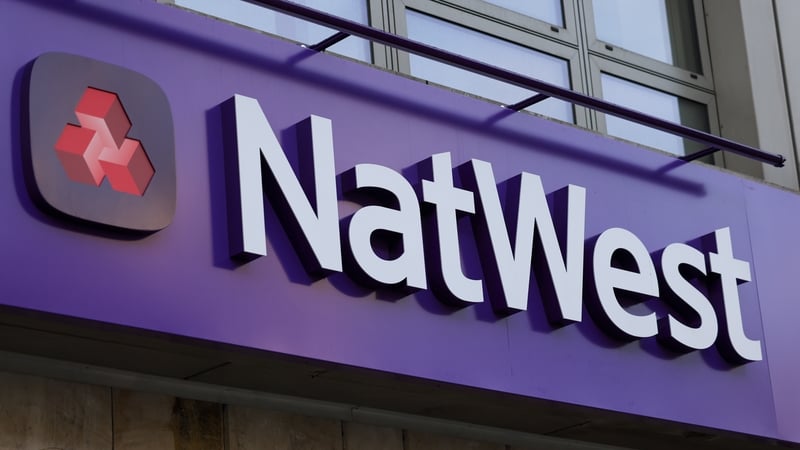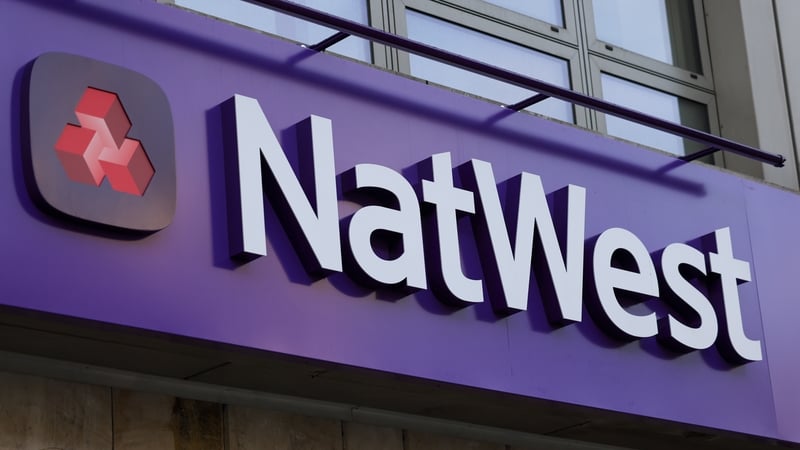Updated / Friday, 2 May 2025 09:47

NatWest has today reported a forecast-beating 36% rise in first-quarter profit, thanks to healthier margins on deposits and higher loan balances, enabling the lender to upgrade a key return target despite rising economic uncertainty.
The results come as the British lender prepares to return fully to private ownership for the first time since its state rescue at the height of the 2008 financial crisis.
“Our strong first quarter performance demonstrates the positive momentum in our business as we deliver against clear strategic priorities, and we now expect to be at the upper end of our income and returns guidance for 2025,” chief executive Paul Thwaite said in a statement.
NatWest shares have risen by more than 22% so far in 2025 but, at 486.5 pence, remains some way short of its 502 pence bailout price.
The bank reported operating profit before tax for January-March of £1.8 billion, up from £1.3 billion the same time a year ago and better than analysts’ average forecast of £1.6 billion.
It reported a first-quarter return on tangible equity of 18.5% compared with 14.2% a year ago, and said its full-year ROTE would be at the top end of previous 15-16% guidance.
That growing confidence also saw NatWest snap up smaller Sainsbury’s Bank last year, in a deal completed this week that added £2.5 billion in customer loans and one million customer accounts.
The bank’s chairman earlier in April said the lender’s upcoming exit from state ownership represents an inflection point for the bank, as it pivots from years of post-crisis restructuring to a domestic growth-focused strategy.
The UK government’s stake in NatWest fell below 2% yesterday. It has cut its shareholding from nearly 40% in December 2023.
The domestic focus has so far insulated NatWest from the fallout from global trade tensions, compared with some internationally-focused rivals.

The bank booked a net impairment charge of £189m, with default levels at 19 basis points of the overall loan book, within its guidance of under 20 basis points, and said levels of default were stable.
KBW Analysts noted there were no additional impairments for tariff-related risks.
NatWest’s improved performance comes as the UK government puts pressure on the financial sector to support its growth agenda.
Even though its customer base is mainly domestic, NatWest – like closest competitor Lloyds Banking Group – will not be immune from a drop in confidence among key corporate and consumer customers.
British business sentiment has fallen to its lowest in three months, polls showed this week, as employers grapple with concerns about US tariffs and higher employment costs.
Bank of England data this week also showed a surge in mortgage borrowing in the first quarter as buyers pushed to seal property purchases before a change in UK tax thresholds.
Quilter Cheviot analysts said they expected the spike in borrowing to be anomalous, with an equally sharp slowdown likely in the coming months.




